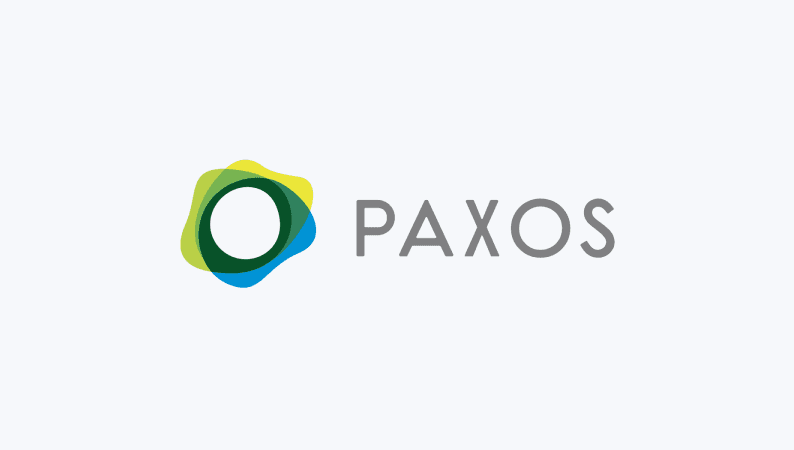5 Ways Blockchain Powered Digital Wallets Support Financial Inclusion
Paxos
Jun 15, 2023
Some estimate that nearly a third of all adults globally lack access to financial systems for basic functions such as buying and selling assets, saving and establishing credit. Although the proliferation of users banking on their phones has created inroads for these populations via digital wallets, cellular phone systems have been fraught with security issues and are limited in the variety and speed of transactions they support.
Blockchain and tokenization can empower wallet technology in ways that weren’t possible before, including opening up markets to over a billion new global customers.
Digital wallets powered by blockchain technology will likely improve financial inclusion by providing secure, instant financial services for individuals with limited or no access to the traditional banking systems.
A digital wallet (or electronic wallet) is a financial transaction application that runs on any connected device. It securely stores payment information and passwords in the cloud. Digital wallets may be accessible from a computer; mobile wallets, which are a subset, are primarily used on mobile devices.1
2 Investopedia, What Is a Digital Wallet? by Julia Kagan 2023
The reach of blockchain-powered wallets
Digital wallets built on blockchain technology can significantly contribute to financial inclusivity by overcoming traditional barriers and providing greater access to financial services for underserved populations.
While digital wallets have reduced friction for users with established financial histories, they have transformed economic opportunities for people who historically haven’t had access to financial services, especially in emerging markets such as Latin America, Southeast Asia and Africa.
According to McKinsey, “Africa’s domestic e-payments market is expected to see revenues grow by approximately 20 percent per year, reaching around $40B by 2025. By comparison, global payments revenue is projected to grow at 7 percent annually over the same period.”
With global digital wallet use driving inclusion, it is necessary to ensure those new to commercial markets operate securely and transparently. A lack of trust in the financial system is partly to blame for the lack of financial inclusion, and new participants will need enhanced reassurance to engage confidently.
5 ways to support financial inclusion
Here are five ways in which digital wallets on a blockchain can build consumer confidence and promote financial inclusivity:
1. Accessibility
Digital wallets can be accessed using basic smartphones, enabling individuals without access to traditional banking services or physical branches to participate in the digital economy. This opens financial services to populations in remote areas or developing countries with limited infrastructure.
2. Lower transaction costs
Blockchain technology reduces the need for intermediaries and minimizes transaction costs associated with traditional banking systems. Lower fees make financial services more affordable and accessible to individuals with limited resources.
3. Cross-border transactions
Blockchain-based digital wallets enable faster and less costly cross-border transactions compared to traditional methods. They reduce the need for multiple intermediaries, reduce processing times and provide better transparency. This particularly benefits individuals who rely on remittances, facilitating cost-effective and convenient money transfers.
4. Financial identity and credit history
Digital wallets on a blockchain can leverage decentralized identity systems and smart contracts to more quickly establish verifiable identities and create a reliable credit history for individuals previously excluded from the formal financial system.
5. Microtransactions and microlending
Blockchain-based digital wallets enable micropayments and microlending, allowing individuals to access small loans or make small payments previously uneconomical for traditional financial institutions. This empowers individuals to engage in economic activities, start businesses and build creditworthiness.
Security and transparency are foundational to success
Blockchain technology offers enhanced security and transparency compared to traditional financial systems, leveraging cryptographic techniques to secure transactions and user data, reducing the risk of fraud. Reducing fraud and theft is crucial to fostering financial inclusion, as breaches of trust can have disproportionate impacts across financially marginalized populations. Blockchain’s transparent nature, which ensures accountability, is a noticeable enhancement that builds user confidence.
Overall, digital wallets on a blockchain have the potential to help individuals who need financial services by reducing barriers to entry and empowering individuals. By leveraging the inherent benefits of blockchain technology, markets can make much-needed progress toward financial inclusivity, enabling economic participation and empowerment for more people.

Want to learn more about ways blockchain infrastructure technology can help your business?

